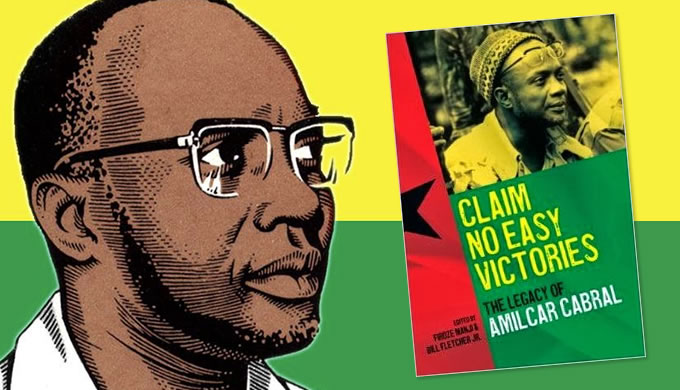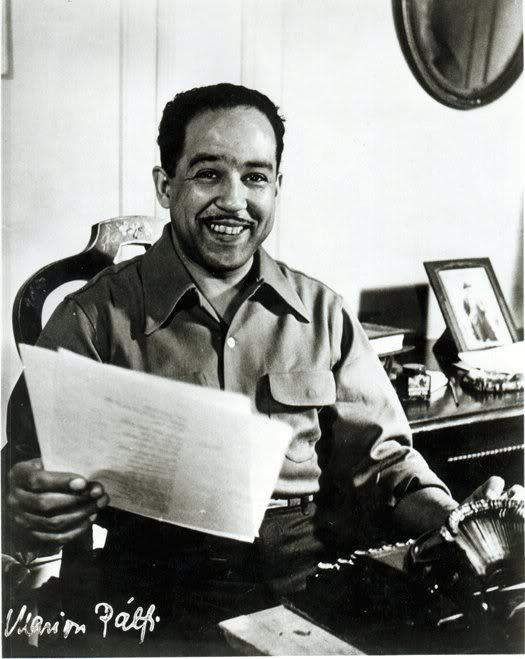
Amilcar Cabral instructed us: “Tell no lies. Claim no easy victories.” In our rush forward into a hoped for future, we sometimes forget to check ourselves.
Proclaiming the great unity of being an American is easy to say in the 21st century, but the so-called self-evident truth on which our citizenship is based is far from accurate. The reality is that, when it comes to political and economic unity, our country is far from unified.
Regardless of the school-room pledge, the diverse states of America were never truly united. Both within and between states north, south, east, and west, and not to mention U.S. controlled territories abroad, within the body politic there were cracks and fissures from day one.
History does not lie. Ask the indigenous people of this land.
Or, as one Mayflower pilgrim said to his companion upon surveying the coastline while standing on the deck of their ship approaching long-sought land: “You know, I may have come here for religious reasons, but I believe I really want to get into real estate.”
Today, as we approach 2020, commentators and pundits, especially those who oppose President Trump, are often heard to bemoan how divided our country is. Supposedly, we the people are more divided than we have ever been.
Ever been? How conveniently we overlook the Civil War in the middle of the 19th century. Although the four year internecine war between northern and southern states, often defined as conflict of slave-free versus slave-holding jurisdictions, concluded with General Lee’s surrender at Appomattox on April 9, 1865, statues and flags commemorating the Confederate forces were both officially and informally displayed and celebrated throughout many deep south states well into the 21st century.
How quickly we develop amnesia about the Civil Rights struggles of the 20th century that culminated in the 1964 Civil Rights legislation and the 1965 Voting Rights legislation, which were based on the 14th and 15th amendment to the constitution. Voting rights remain a contested issue, often around the practice of political gerrymandering in which congressional and state districts are delineated in attempts to either concentrate or diffuse the voting results of selected populations.
A third major political struggle focused on the refusal to recognize the deep divisions engendered by the resistance to women’s suffrage. Women’s voting rights did not come to fruition until the ratification of the 19th amendment to the U.S. Constitution in 1920.
How can it be that some of us so easily forget our history?
The dialectical truth is that on the one hand we the people are more politically free and unified than we have ever been, while at the same time we the people are more economically divided than we formerly were.
Two particularly troubling economic indications portend ominous conflicts. One is that the national debt is estimated to exceed $24-trillion and be 106% of GDP (gross domestic product). The other economic issue is that income inequality between the rich and poor has been expanding for the last decade and is higher than it has ever been. On September 26, 2019 The Washington Post newspaper reported on this disturbing trend.
The Gini index measures wealth distribution across a population, with zero representing total equality and 1 representing total inequality, where all wealth is concentrated in a single household. The indicator has been rising steadily for several decades. When the Census Bureau began studying income inequality in 1967, the Gini index was 0.397. In 2018, it climbed to 0.485.
By comparison, no European nation had a score greater than 0.38 last year.
Although unity is indeed a desirous outcome of this great-nation experiment, unity is still a long ways off and, moreover, will require hard work and honest struggle to attain, especially around economic issues. We will have to struggle for political and economic equality.

Listen to the words of our master poet, Langston Hughes in his stirring and defiant poem “Let America Be America Again“. Focusing not just on his own people but rather on all of us borne to and subsequently born in this fabled land, Hughes proclaimed:
Yet I’m the one who dreamt our basic dream
In that Old World while still a serf of kings,
Who dreamt a dream so strong, so brave, so true,
That even yet its mighty daring sings
In every brick and stone, in every furrow turned
That’s made America the land it has become.
O, I’m the man who sailed those early seas
In search of what I meant to be my home —
For I’m the one who left dark Ireland’s shore,
And Poland’s plain, and England’s grassy lea
And torn from Black Africa’s strand I came
To build a “homeland of the free.”
In his militant poem–a long, defiant proclamation of freedom, Hughes ends with these words; words which are as true today as they were when he first wrote them back in the 20th century.
I say it plain,
America never was America to me,
And yet I swear this oath —
America will be!
Out of the rack and ruin of our gangster death,
The rape and rot of graft, and stealth, and lies,
We, the people, must redeem
The land, the mines, the plants, the rivers.
The mountains and the endless plain —
All, all the stretch of these great green states —
And make America again!

This is an outstanding essay. Your language clear your examples epic!